 Gibraltar players run to celebrate with Lee Casciaro after he equalizes against Scotland at Hampden Park
Gibraltar players run to celebrate with Lee Casciaro after he equalizes against Scotland at Hampden Park On Sunday I sat in a Dublin pub, prior to kick-off in the Ireland Poland game, watching Scotland take on Gibraltar in their UEFA European Championship qualifier. Both Irish and Polish fans had an interest in the game given that Scotland are very much in the mix for qualification to the finals from Group D.
As expected, Scotland started the game in complete control. However, having taken the lead after 18 minutes, Scotland then did the inexplicable – they conceded a goal. This was Gibraltar’s very first competitive goal and the name Lee Casciaro will now go down in history. The Lincoln Red Imps FC player was winning his 5th cap when he silenced Hampden Park and sent the hundred or so travelling supporters into delirium. Normal service did resume thereafter and Scotland ran out 6 – 1 winners.
Given the structure of the European Championship Groups, one could question the value of allowing a nation like Gibraltar to participate. While the top two teams will qualify directly from each group, the highest ranked third-placed team will also qualify. However, as one group contains just five teams, matches against any 6th placed team in each group will not be included in this ranking.
Many nations, like Gibraltar, face a similar uphill struggle. The problem is obviously one of population, a key ingredient in economic growth as well as football. Gibraltar simply doesn’t have the numbers. I have a tendency to group ‘smaller’ countries together when in fact they face very different circumstances. Excluding Kazakhstan, which has a population of over 16 million, the other Pot 6 (bottom seeds) countries in the UEFA European Championship Qualifying draw were Luxembourg, Liechtenstein, Andorra, Faroe Islands, Malta and San Marino. The populations in each country are presented below and compared to Gibraltar.
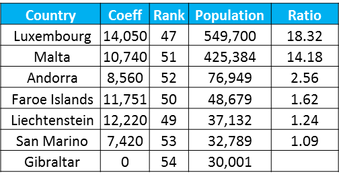
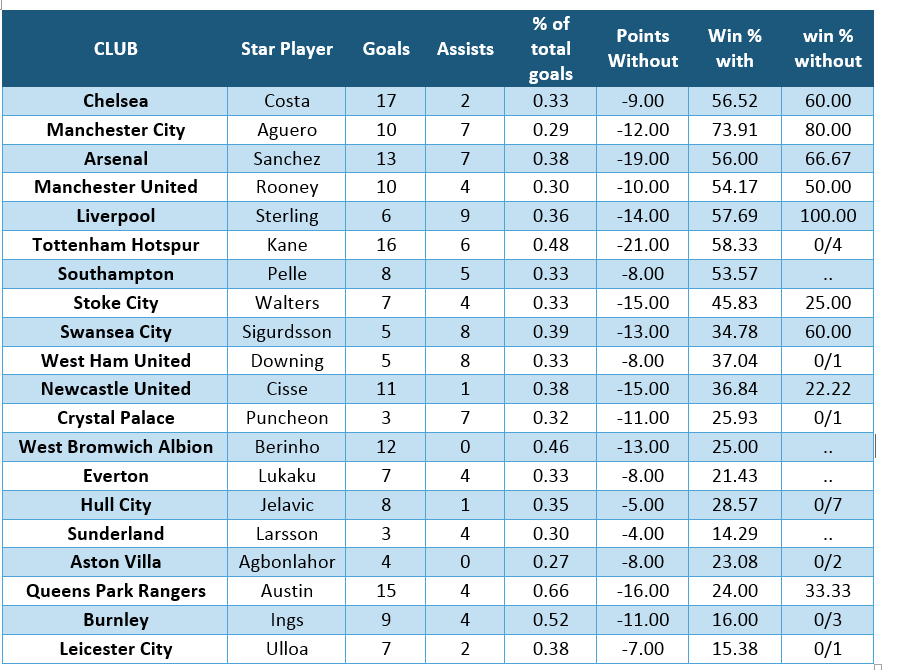
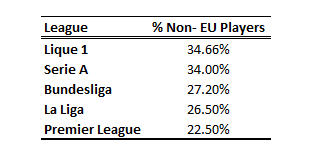
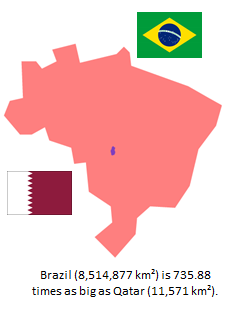
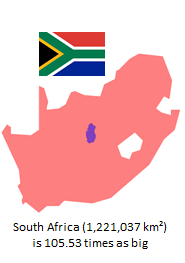
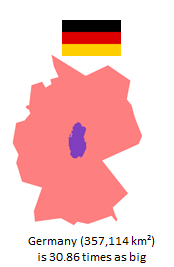

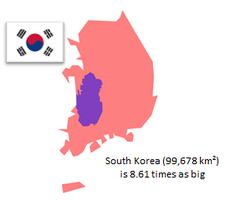
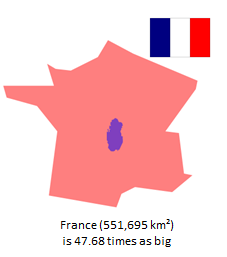


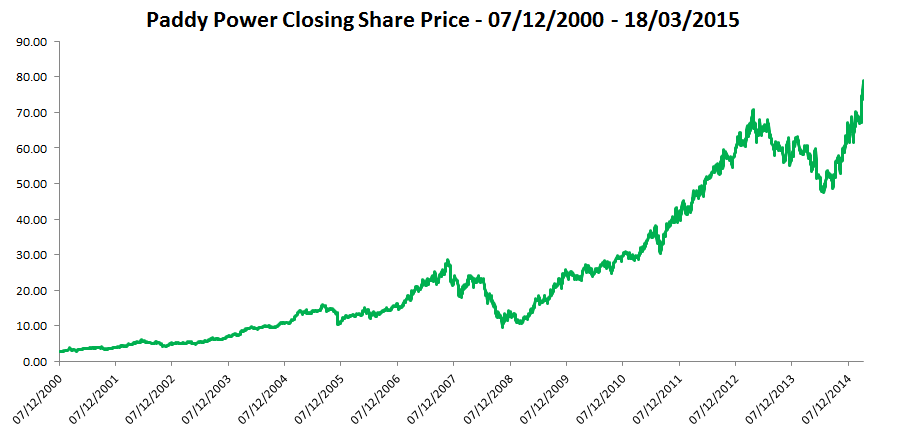

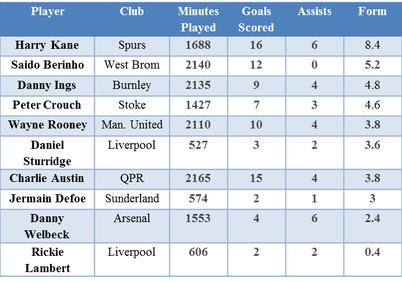
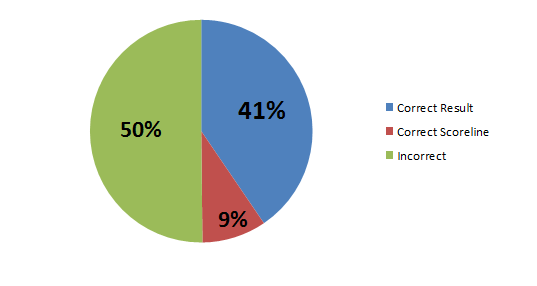
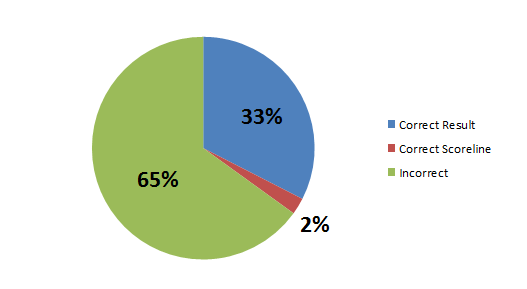
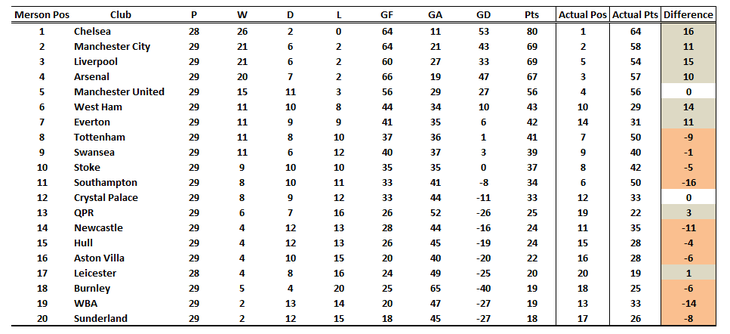
 RSS Feed
RSS Feed